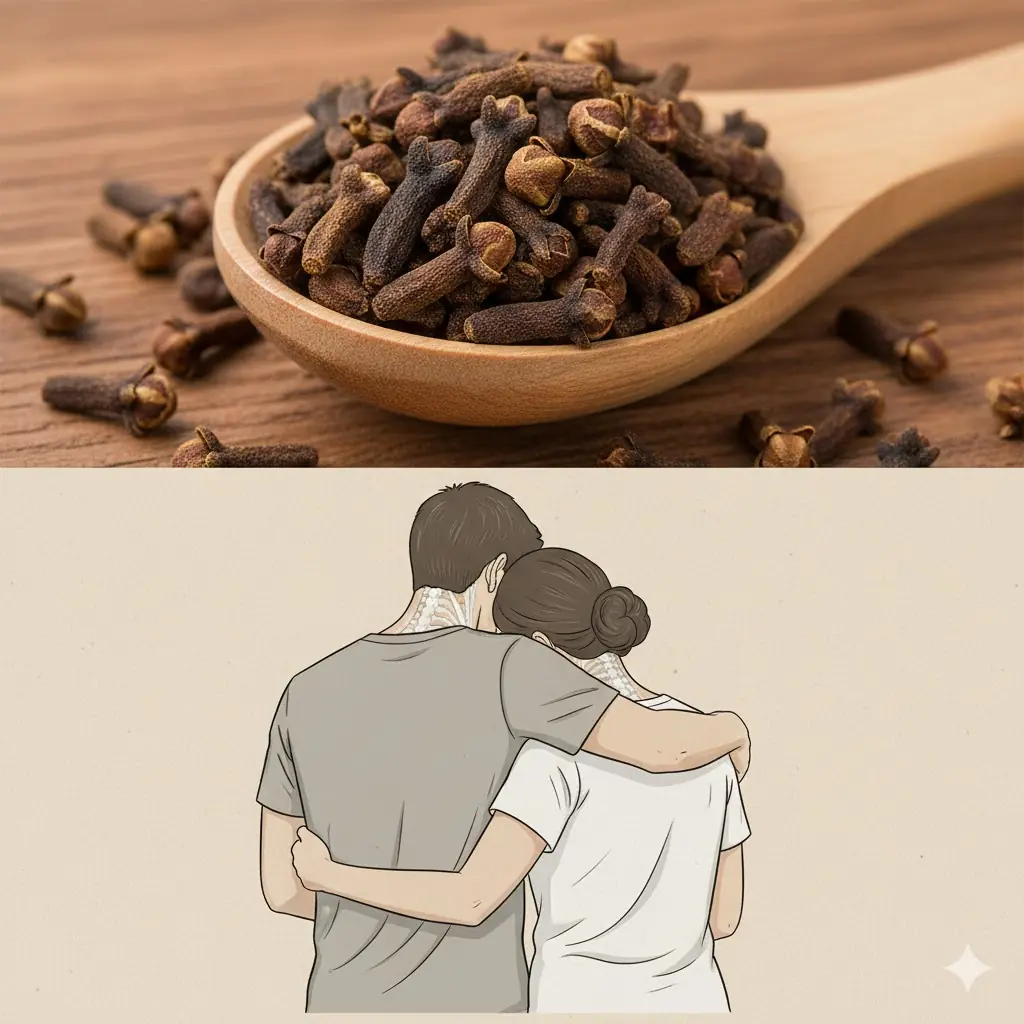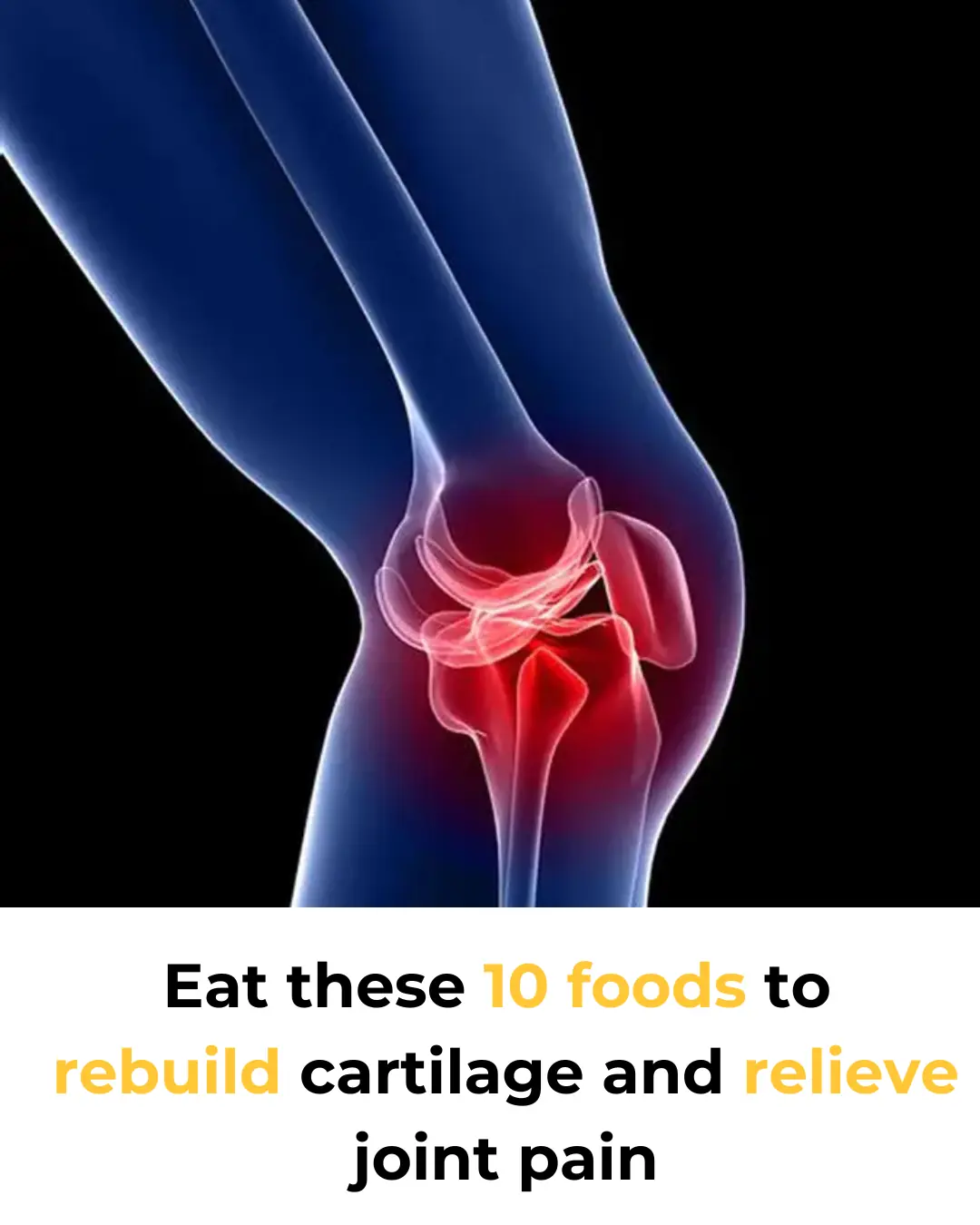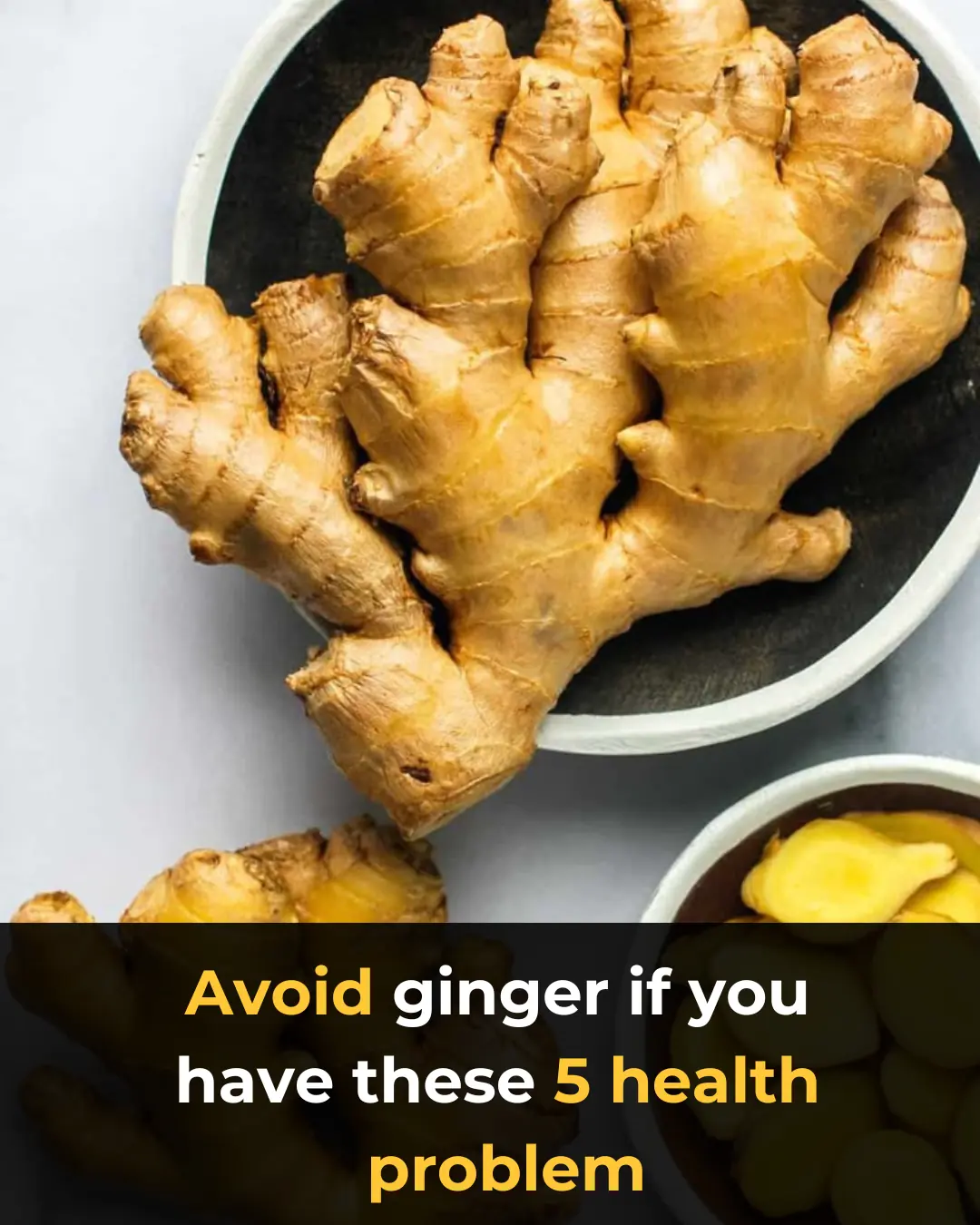
The Medicinal Powers of Turmeric That Doctors Rarely Mention
Turmeric, the golden spice commonly used in Asian cooking, has gained worldwide attention not only for its vibrant color and warm flavor but also for its remarkable medicinal properties. While doctors often recommend well-researched treatments and medications, many of turmeric’s potential benefits are less frequently discussed in everyday medical conversations. Yet across cultures and centuries, turmeric has been valued as a natural remedy capable of supporting overall health in surprising ways. The more we learn about it, the clearer it becomes that this ancient spice offers powerful advantages that few people fully understand.
At the heart of turmeric’s medicinal power lies curcumin, its most active compound. Curcumin is known for its strong anti-inflammatory and antioxidant effects. Chronic inflammation plays a key role in many health issues such as arthritis, digestive problems, and cardiovascular disease. Because of this, people who incorporate turmeric into their diets often report reduced swelling, improved mobility, and less persistent joint pain. Although doctors may not always recommend turmeric as a primary treatment, research continues to support its promising role in managing inflammation naturally.
Another lesser-known benefit of turmeric is its potential to support brain health. Curcumin may increase levels of a protein called BDNF—brain-derived neurotrophic factor—which is essential for memory, learning ability, and the growth of new brain cells. Low BDNF levels are linked to cognitive decline and certain neurological disorders. Some studies suggest that regularly consuming turmeric may help protect the brain from age-related deterioration, improve mental clarity, and even enhance mood. While these effects are still being explored, many people find that turmeric helps them feel more mentally sharp and emotionally balanced.
Turmeric also plays an important role in supporting the digestive system. In traditional medicine, it has long been used to reduce bloating, improve digestion, and soothe the stomach. Curcumin can stimulate bile production, which helps in breaking down fats more efficiently. People with mild digestive discomfort often experience relief when turmeric becomes a part of their daily routine. Although most doctors focus on pharmaceutical treatments for serious gastrointestinal conditions, turmeric can be an effective natural supplement for general digestive support.
One of the most fascinating aspects of turmeric is its potential contribution to heart health. Curcumin can help improve blood vessel function, reduce oxidative stress, and lower inflammation—three major factors involved in cardiovascular disease. Some evidence even suggests turmeric may help regulate cholesterol levels. While doctors do not usually prescribe turmeric as a replacement for heart medications, adding it to one’s diet may offer an extra layer of protection, especially when combined with a balanced lifestyle.
Turmeric’s influence extends to the immune system as well. Thanks to its antimicrobial and antioxidant properties, it may help the body defend itself more effectively against pathogens. Many people use turmeric tea or golden milk during the colder months to strengthen their immunity and reduce the severity of seasonal illnesses. Though it is not a substitute for medical treatment, turmeric remains a valuable natural tool for promoting resilience.
Finally, turmeric is increasingly recognized for its potential to improve skin health. Its anti-inflammatory and antibacterial qualities make it beneficial for acne, redness, and minor skin irritations. When applied topically or consumed regularly, turmeric can help the skin appear clearer and more radiant.
In a world filled with modern medicines, turmeric stands out as a simple, natural remedy with impressive health benefits. Although doctors may not always mention it, its ability to support inflammation control, brain function, digestion, heart health, immunity, and skin wellness makes it a valuable addition to anyone’s daily routine. As research continues, the golden spice may finally receive the recognition it has long deserved.
News in the same category


7 Surprising Health Benefits of Cloves for Men

The Best Natural Gout Treatments: Remove Uric Acid Crystallization To Prevent Gout And Joint Pain

How to Tell If You Have Intestinal Parasites and What to Do About That

People Who Eat 3 Eggs Every Day Are Noticing This Crazy Difference

Why Your Hands or Arms Fall Asleep at Night and What To Do

6 fruits that help your body fight cancer cells naturally

17 signs of kidney trouble you can see—don’t ignore #3!

Never Toss Banana Peels Again: The 2,000-Year-Old “Trash” Trick That Erases Wrinkles, Heals Scars, Whitens Teeth & Drops Blood Pressure Overnight

The $5 Kitchen Secret: Why You Should Be Brushing Your Teeth with Turmeric and Baking Soda

This carb is more damaging to your blood sugar than pure sugar

A neurosurgeon says your legs could predict dementia years before memory loss

Top 10 Foods to Heal Knee Pain and Rebuild Cartilage Naturally

What Happens If You Eat 4 Whole Eggs Every Day for 30 Days?

Avoid Ginger If You Have THESE Health Problems

The step-by-step plan to drop 30 pounds quickly in 2025

Got High Blood Pressure? Try This 2-Ingredient Tea!

The Best Natural Remedies to Treat and Prevent Varicose Veins Effectively
News Post

3 Flowers That Make Snakes Tremble in Fear

I was totally in the dark on this!

Most People Get This Wrong — Here’s How Often You Should Refresh Everything

You’re Storing Your Produce All Wrong — Here’s How to Do It Right

The step-by-step plan to drop 30 pounds quickly in 2025

Mine Could Definitely Flower More

7 Surprising Health Benefits of Cloves for Men

3 flowers that make snakes tremble with fear — beautiful and safe to plant around your home

The Best Natural Gout Treatments: Remove Uric Acid Crystallization To Prevent Gout And Joint Pain

How to Tell If You Have Intestinal Parasites and What to Do About That

People Who Eat 3 Eggs Every Day Are Noticing This Crazy Difference

Why Your Hands or Arms Fall Asleep at Night and What To Do

Meet Jonathan: The 192-Year-Old Tortoise Who Has Witnessed History and Continues to Inspire

Retired Couple in UK Successfully Nurtures 90-Million-Year-Old Wollemi Pine, Leading to Its First Reproduction Outside Australia

Stem Cell Therapy for Type 1 Diabetes Shows Promise in Human Clinical Trials

Have you noticed small white spots on your arms or legs… and you don't know what they are?

How Guyana Became the Only Nation Fully Self-Sufficient in All Seven Major Food Groups

Donald Trump's new scarf leaves everyone saying the same thing
